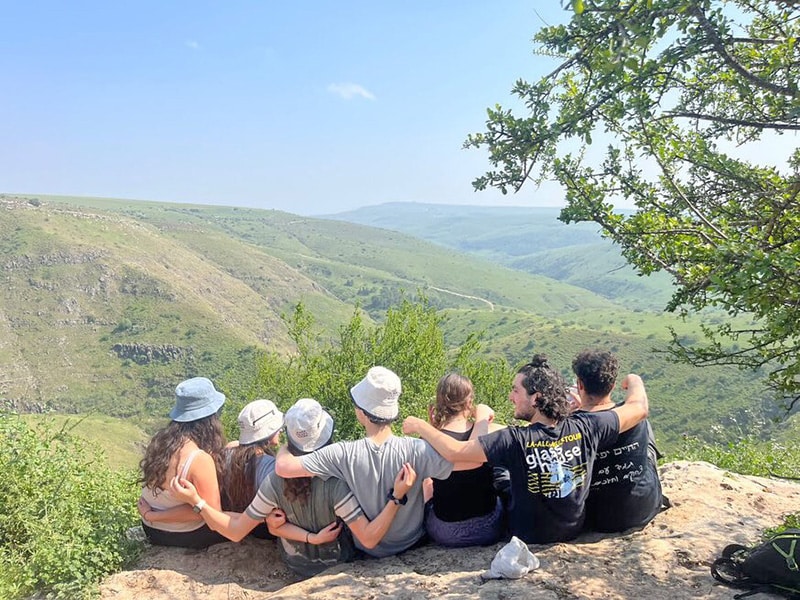During Napoleon’s invasion of Russia, a group of his highly trained soldiers got stuck in a snowstorm and had to spend the night in the home of a pious Jew. Although Napoleon’s cavalry was the best of their kind, the heavy winter snow would not allow them to journey on any further.
As they were getting accustomed to their new surroundings, one of the soldiers gazed out the window and saw an extraordinary sight. An old man was sitting in a carriage being led by two very old horses. They were trekking through the evening snowstorm with ease. Puzzled, a soldier turned to his new host and asked: “How is it possible that our highly trained horses could not make it through the snowstorm, while these two very old horses seem to be moving along without a problem?”
The host took a look outside and smiled as he recognized his neighbor enjoying his evening ride.
“You see,” said the man, “I know this man for many years. He has owned these horses since they were born. They both grew up on the same farm and have always been inseparable. What is unique about them is that they feel each other’s pain. When the man whips one horse, the other horse feels the pain of his friend and therefore pushes harder as well. It’s the effort of both horses working in tandem that allows them to weather any storm.”
The Torah tells us that Pesach occurs in the first month of Nissan. Days before the Exodus, the Jews were commanded to come together in their family units as one, take a one-year-old calf without blemishes, to roast is perfectly whole, and to partake of it altogether. It becomes abundantly clear that oneness and unity were a prerequisite to our redemption.
The same holds true today. As we approach the festival of our liberation, when we became our own self-governing people, it is crucial that we come together as one to remember who we are, where we came from, and where we are headed. In the merit of our unity once again today, as we had in our days of slaves in Egypt, may we merit to see the final and complete redemption.
Chag Kasher vSameiach
– Rabbi Liad Braude


















